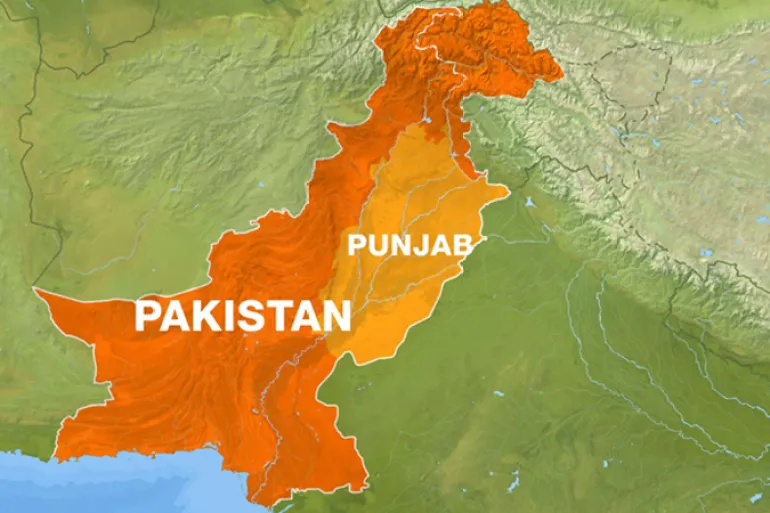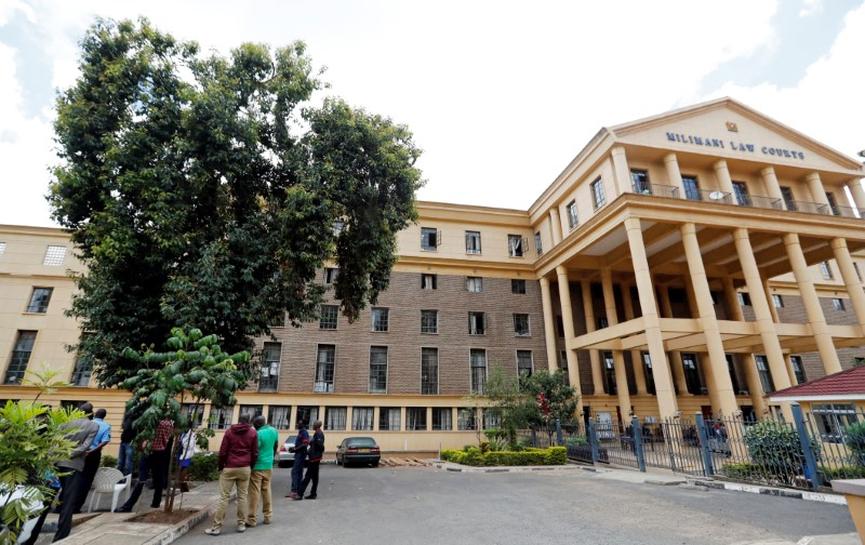‘Unjust and unwarranted’: African states object to Israel’s observer status at AU
![Current AU Chairman Felix Tshisekedi [Al Jazeera]](https://liberties.aljazeera.com/resources/uploads/2021/08/1628002143.jpg)
Current AU Chairman Felix Tshisekedi [Al Jazeera]
African states including South Africa, Namibia, Lesotho and Botswana have objected to the African Union (AU) extending observer status to Israel in late July.
After nearly 20 years of diplomatic efforts to attain such status, Israel attained observer status on 22 July.
South Africa has been particularly critical of the AU’s decision. On Tuesday the ruling African National Congress (ANC) issued a statement objecting to Israel’s observer status. The ANC’s statement reads: ‘The African National Congress (ANC) is astounded and takes a dim view of the decision of the African Union to grant Israel Observer Status at the AU.’
A statement from South Africa’s Department of International Relations said the step was ‘unjust and unwarranted’.
It says the decision was taken unilaterally by the African Union Commission without consulting the 55 member states. South Africa indicated that it wants the issue to be discussed at the AU summit of heads of state and government.
Thembisa Fakude, senior fellow at Africa Asia Dialogue said to CGTN Africa: ‘The observer status will give Israel proximity to the countries of the AU enabling Israel to push its own agenda which is very troubling to South Africa.’
The decision on extending observer status is made by the Chair of the AU Commission, a position currently held by Moussa Faki Mahamat.
Na’eem Jeenah, executive director of the Johannesburg-based African-Middle East Centre explained to Al Jazeera how the decision came about: ‘The African Commission chair does not have to consult the AU chair, who is currently Felix Tshisekedi. The argument being made by a number of member states is that Israel violates the principles and objectives of the Constitutive Act and various AU decisions, that granting it observer status is not in the interest of the AU, and that the Commission chair already knows that numerous member states have opposed Israel being granted such status. Thus, they argue, along with a network of civil society organisations on the continent, that Faki acted beyond his mandate in this instance.’
Botswana
Botswana has rejected the African Union’s decision to grant observer status to Israel.
In a statement on Monday the government of Botswana said that the unilateral decision by the Chairperson of the African Union Commission to receive credentials from the Ambassador of Israel is “concerning.”
Botswana’s Ministry of International Affairs and Cooperation stated that the issue is a ‘sensitive matter’ that should have been brought to the attention of all AU Member States before a decision was reached.
Salim Vally, professor at the University of Johannesburg, said to Al Jazeera: ‘By gaining observer status and being part of AU meetings and debates, Israel wants to justify its apartheid policies against Palestinians in order to dilute AU criticism of Israeli actions. Would the AU have allowed the regime in Pretoria the opportunity to defend apartheid at its meetings?
According to the Israeli foreign ministry, Israel’s new status could enable it to forge stronger cooperation with the AU on various aspects, including the fight against the coronavirus and the prevention ‘of the spread of extremist terrorism’ in Africa.
But Fakude is of the view that the decision might become an ’embarrassment’ to Israel. He says ‘If the decision is not reversed it might create tensions within the African Union.’
- Most Viewed
- Most Popular

















